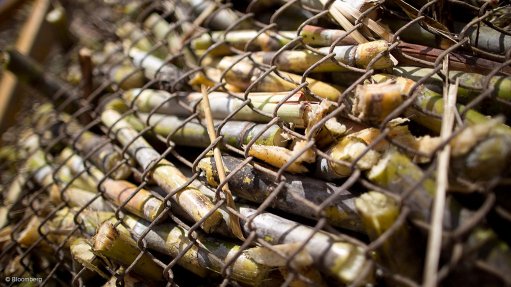
Sugar producer Illovo’s overall group production was expected to increase marginally for 2014 to 1.85-million tons, as market conditions remained difficult, Illovo chairperson Don MacLeod said on Wednesday.
He told shareholders at the company’s annual general meeting that, while strikes at its operations in South Africa and Swaziland have had an impact on sugar production for the year to date, the production deficit could be reversed through the extension of the season in both countries.
He added that, generally, factory performance to date had been positive.
However, MacLeod warned that, despite the marginal increase in the group’s sugar production estimate, the 2014/15 financial year was expected to be tough for the group, with the achievement of good earnings growth likely to be a challenge.
In South Africa, domestic sugar revenues had been eroded by prior-year world market imports; however, since the implementation of the sugar import tariff, imports had been minimal and, therefore, the negative impact of these imports was expected to decline as residual stock levels depleted.
Meanwhile, in Tanzania, despite assurances from government, imports continued to flow into the country, negatively affecting both volumes and price.
“Elsewhere in the group, yearly domestic market sales are expected to meet forecast,” said MacLeod.
Further, European Union (EU) prices had continued to trend downward in the run-up to the deregulation of the EU sugar industry in September 2017; however, prices had decreased earlier than expected and continued to trend downward, creating uncertainty as to where the prices will bottom out, he pointed out.
“The world sugar price continues to be negatively impacted by the global surplus of production over consumption for the current year,” MacLeod added.
He noted that the weakness in the world price was negatively impacting on regional prices, although the group did enjoy a geographic logistics advantage in the markets supplied from Zambia and Malawi.
“The group is taking steps to achieve a better market mix to maximise revenues in the current season,” MacLeod said.
Meanwhile, exchange rate volatility would continue to be a major influence on export earnings and the conversion of foreign subsidiary profits into rands.
Rising costs, particularly wage increases, at levels above inflation were also of concern to Illovo and, therefore, productivity improvements, together with production cost reduction initiatives, would be areas of continuing focus, he concluded.